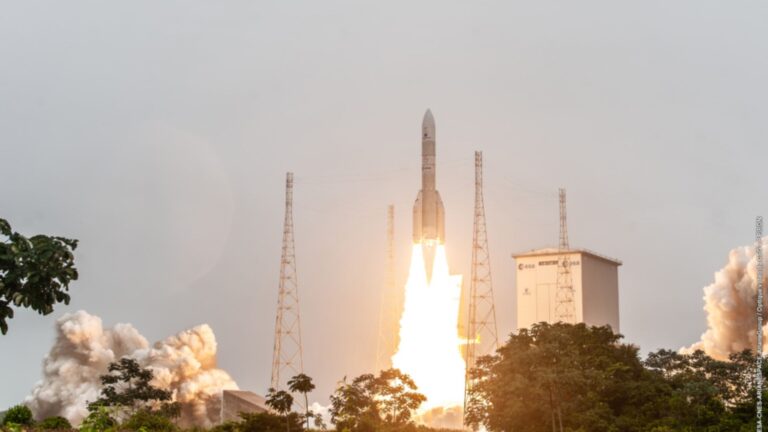
The U.S. Air Force has decided to abandon its proposal to construct two rocket landing pads on Johnston Atoll, a secluded U.S. territory in the central Pacific Ocean, following environmental objections, according to a report by Stars and Stripes published on July 5.
The project, part of the Air Force’s broader plans to support space launch and recovery operations, was met with resistance from environmental groups and federal agencies due to concerns about the atoll’s fragile ecosystem. The remote island, located about 825 miles southwest of Hawaii, serves as a critical habitat for nesting seabirds and marine life.
Initial plans called for two concrete landing zones capable of accommodating reusable rockets, potentially expanding U.S. military capabilities in the Indo-Pacific region. However, experts warned that construction activities, increased air traffic, and potential fuel leaks could pose significant threats to native species and marine ecosystems.
A spokesperson for the Air Force said the decision to withdraw the proposal reflects a commitment to responsible environmental stewardship and the importance of preserving sensitive habitats.
Johnston Atoll, once used for nuclear testing and chemical weapons storage, has no permanent population and is currently managed as a national wildlife refuge by the U.S. Fish and Wildlife Service. The island has slowly recovered ecologically over the past few decades, becoming a haven for rare bird species and coral reefs.
While the military continues to explore alternative locations for its space operations infrastructure, environmental advocates have welcomed the decision as a victory for conservation efforts in the Pacific.






